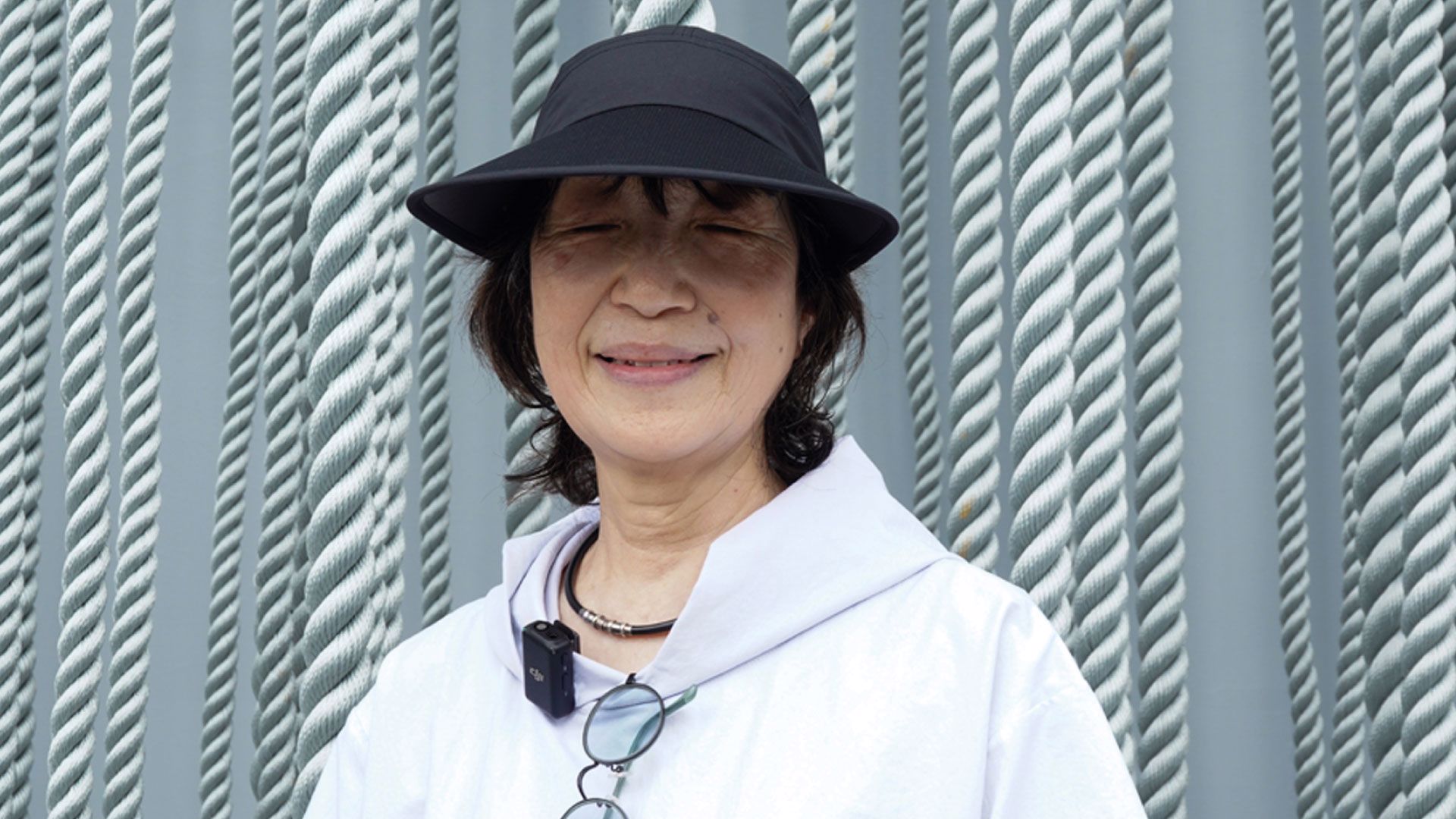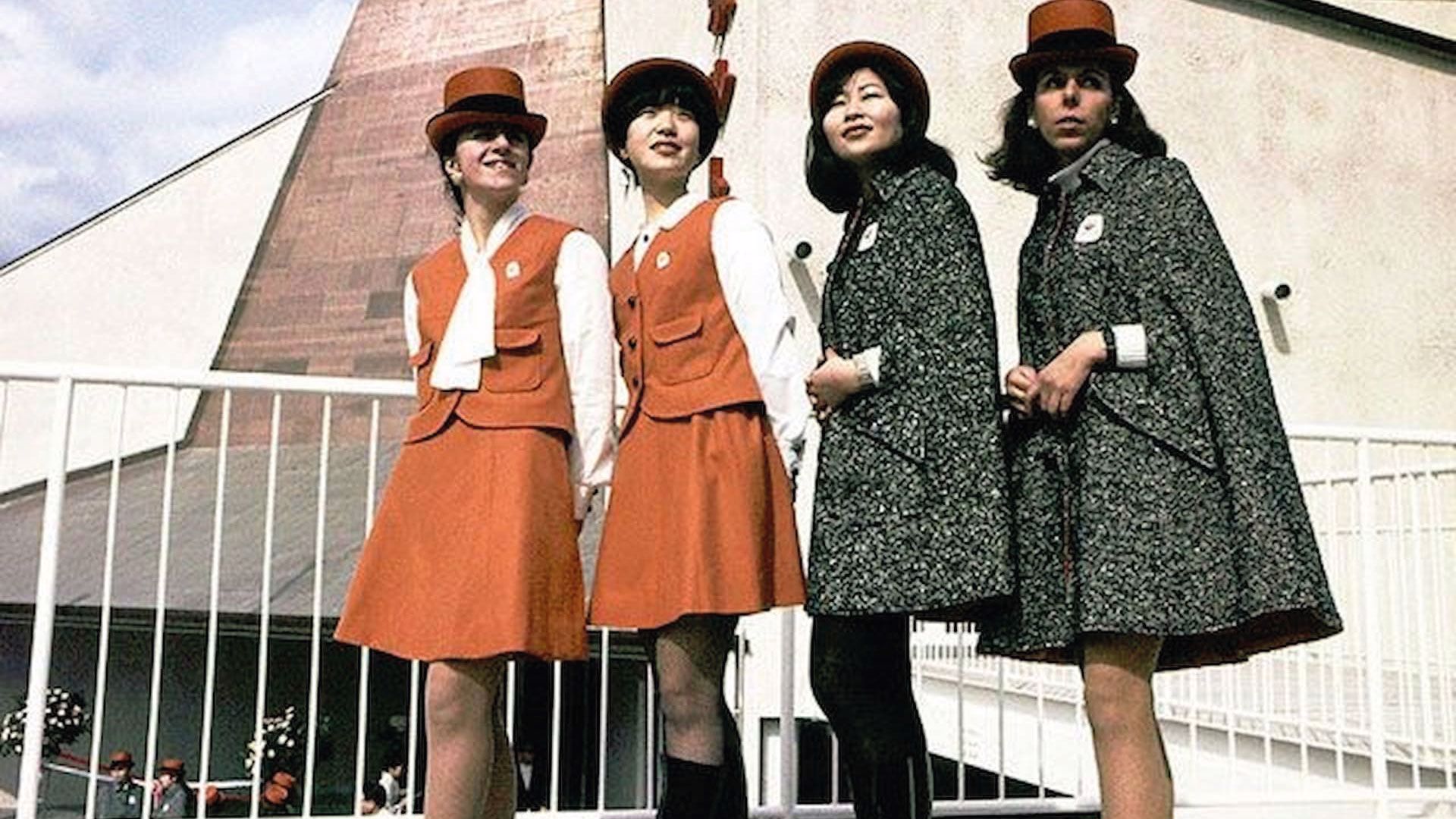More than five decades after working as an assistant at the Portugal Pavilion during Expo 1970, Ishikawa has returned to the Portuguese space at Expo 2025 Osaka, this time accompanied by her daughter and granddaughter. An emotional visit that testifies to the lasting impact of Portugal's presence at World Expositions.
In 1970, Osaka hosted the first World Expo ever held in Asia. Under the theme “Progress and Harmony for Mankind”, Expo '70 marked a new era of Japan’s openness to the world, bringing together 77 countries and international organisations. Portugal stood out with its own pavilion, designed by Frederico George in collaboration with Daciano da Costa and António Garcia — a modern, innovative and culturally engaging structure that included the active participation of Japanese citizens.
In 1970, Osaka hosted the first World Expo ever held in Asia. Under the theme “Progress and Harmony for Mankind”, Expo '70 marked a new era of Japan’s openness to the world, bringing together 77 countries and international organisations. Portugal stood out with its own pavilion, designed by Frederico George in collaboration with Daciano da Costa and António Garcia — a modern, innovative and culturally engaging structure that included the active participation of Japanese citizens.

At the time, Ishikawa was a young Japanese woman who joined the Portugal Pavilion team as an assistant. “Meeting people from so many different countries was an exciting and transformative experience,” she recalls. In a Japan still largely unfamiliar with regular contact with foreigners, Expo '70 became her window to the world. “That was when I started thinking more globally,” she says.
In 2025, Portugal returns to Osaka with a new pavilion designed by Japanese architect Kengo Kuma, under the theme Ocean, the Blue Dialogue. The proposal highlights the ocean as a space for knowledge, innovation and global cooperation, through a diverse programme of exhibitions, conferences, performances and business events.
In 2025, Portugal returns to Osaka with a new pavilion designed by Japanese architect Kengo Kuma, under the theme Ocean, the Blue Dialogue. The proposal highlights the ocean as a space for knowledge, innovation and global cooperation, through a diverse programme of exhibitions, conferences, performances and business events.

With over 600,000 visitors registered so far, the Portugal Pavilion confirms the strong international interest in the Portuguese perspective on the future. And for Ishikawa, the visit to the new pavilion brought back the same spirit of connection, curiosity and openness she experienced in 1970 — a symbolic return that reinforces the collective memory and legacy of Portugal at World Expositions.




